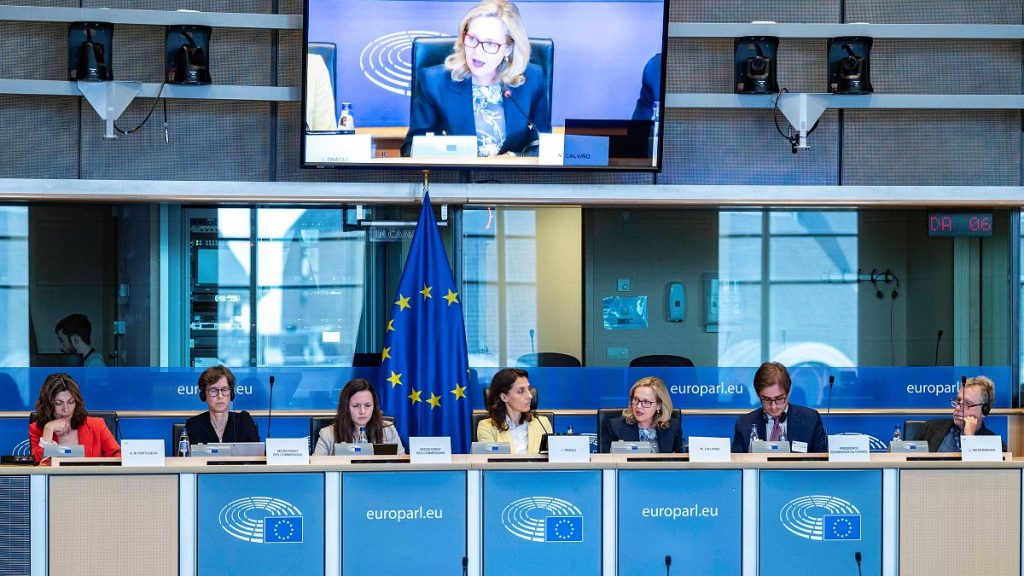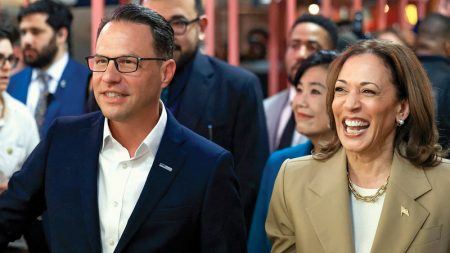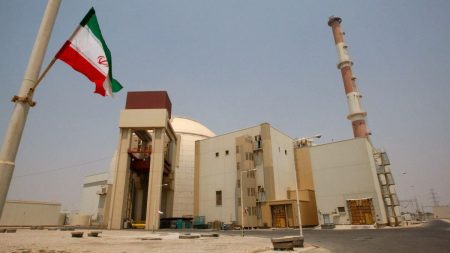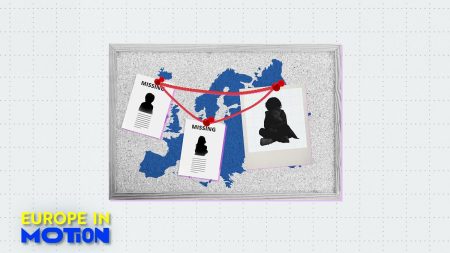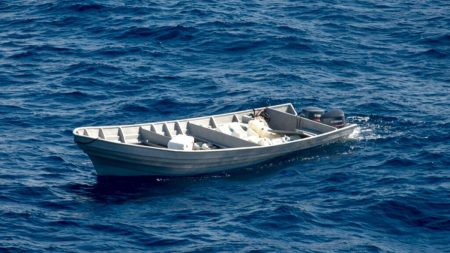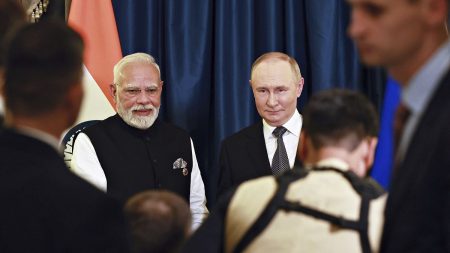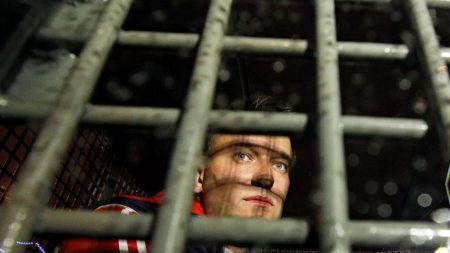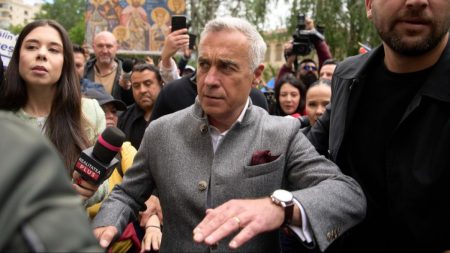Summarize this content to 2000 words in 6 paragraphs in Arabic
The European Parliament is establishing new political groups and leadership, with the first constituent plenary session on 16-19 July – Euronews has earmarked MEPs likely to shape economic and finance policy in the new assembly.
ADVERTISEMENTA new parliament is being shaped around the powerful central European People’s Party group with its coalition Socialist & Democrat, green and liberal allies, but with a strengthened far right adding fresh impetus and uncertainty to the process – all of which could affect the development of financial policies over the next five years. While there is growing desire among lawmakers to focus more on enforcement and implementation before more regulation, there are widespread differences among the political groups on how to boost longer term economic growth. “One key reason for Europe’s poor economic performance is low productivity, the lack of financing available for high-potential, high-risk businesses, and the barriers to innovative European firms building scale across the Union,” researchers from the think tank Centre for European Reform (CER) wrote in a post-election analysis. “Populist and far-right parties are likely to be a hindrance to many of these steps,” the CER analysts added, noting that reforms such as those needed to strengthen Capital Markets Union will probably be occupy the agenda of centrist MEPs. Also on the to-do list is the digital euro project, which aims to provide consumers with an alternative means of payment, and the revision of EU rules on payment services, where the Parliament wants to make online platforms liable for payment fraud. But who is most likely to influence these and other dossiers through a newly formed economic and finance committee in the Parliament? More than 25 full members of the Parliament’s economic committee are expected to be back for another five years, according to a Euronews analysis based on available provisional results. Among them are both committee chair Irene Tinagli (Italy/Socialists & Democrats) and vice-chairs Markus Ferber (Germany/EPP), Stéphanie Yon-Courtin (France/Renew Europe), Jonás Fernández (Spain/S&D) and Johan Van Overtveldt (Belgium/ECR). Others weren’t so lucky. Romanian liberal economist Dragoș Pîslaru, professor Marek Belka (Poland/S&D) and Eva Poptcheva (Spain/EPP), who led work to create a new anti-money laundering agency, were not re-elected. As the veterans check our pre-election list take up their old roles alongside fresh faces – Euronews took a look at some of the interesting newcomers who might be destined for the committee. Five to watch: 1. Sophie Wilmès (Belgium/Renew Europe)Wilmès (49) is a former Belgian prime minister, the first woman to hold the position, and the successor to current European Council president Charles Michel. The Belgian led the list of the liberal Mouvement Reformateur (MR) party, which won around 540,000 votes in the June elections – equivalent to three of 22 seats. The MR’s top candidate studied communications and financial management, and also worked for a time as a financial officer for the European Commission and as a financial and economic consultant for a law firm. In 2015, she was budget and civil service minister until she became prime minister of Belgium from October 2019 to October 2020, when she also took on the role of deputy prime minister and foreign affairs minister. In the summer of 2022, she stepped down from her roles for personal reasons – but is now ready to shape EU policy. 2. João Cotrim de Figueiredo (Portugal/Others)Another interesting profile is that of businessman and a politician, liberal João Cotrim de Figueiredo (62). ADVERTISEMENTCotrim de Figueiredo won one of two seats for the Iniciativa Liberal (Liberal Initiative) party for the first time in the EU elections. An MBA holder and economics graduate with experience in the financial sector, between 2013 and 2016, he was chairman of the board of directors of Turismo de Portugal, and only became a politician in 2019, when he was elected as a deputy for the Lisbon constituency in the 2019 Portuguese legislative elections. 3. Pasquale Tridico (Italy/NI)Tridico (48) holds a PhD in Economics from the University Roma Tre and served as president of the National Institute of Social Security (INPS) from 2019 to 2023. He was involved in the reform of the Italian pension system and the implementation of a so-called ‘citizenship income’ initiative, a minimum income scheme, which might inspire his activity as an MEP. “The idea of a European basic income financed by all, with an increase in the European budget, and used on the basis of need, where the crisis bites the most, would amortise the social spending of a state,” Tridico said in an interview last year. ADVERTISEMENTThe Italian has published articles on economic growth, welfare models, sustainable development and inequality in various academic journals – and teaches courses on economic policy and labour economics. Now it’s his turn to shape future policy with the Five Star Movement party. 4. Fabio de Masi (Germany/Others)German-Italian MEP Fabio de Masi (44) was the leading candidate of Sahra Wagenknecht’s Alliance, a newly formed party put together by former members of Die Linke. He (and his party, which won six seats) will be another to watch in the next mandate. De Masi is an economist and has some previous experience in the European Parliament, where he was a member until 2017. ADVERTISEMENTThe economist was a member of the finance committee, as well as vice-chairman of a special committee investigating money laundering and tax evasion, due to his strong credentials in the fight against corruption. During his time in the German parliament (2017-2021), he headed an investigation into the collapse of German payments company Wirecard. 5. Sérgio Gonçalves (Portugal/S&D)In March Portugal went to the polls and saw a change of regime after eight years of Socialist-led government headed by Antonio Costa. A coalition of conservative forces won the national elections and the Portuguese Socialist Party decided to change its strategy for the EU elections.Gonçalves, 45, is part of that new generation of Portuguese Socialists in Brussels and Strasbourg, with eight members – only one fewer than the last mandate. ADVERTISEMENTFrom 2022 to 2023, he led the Portuguese Socialist Party in Madeira. Gonçalves has dedicated his professional career to the business sector, holding a degree in economics and a master’s degree in international management. MEPs will hold their first parliamentary committee meetings between 22 and 25 July.
rewrite this title in Arabic Election aftermath – MEPs to watch on economic and financial policy
مقالات ذات صلة
مال واعمال
مواضيع رائجة
النشرة البريدية
اشترك للحصول على اخر الأخبار لحظة بلحظة الى بريدك الإلكتروني.
© 2025 جلوب تايم لاين. جميع الحقوق محفوظة.





